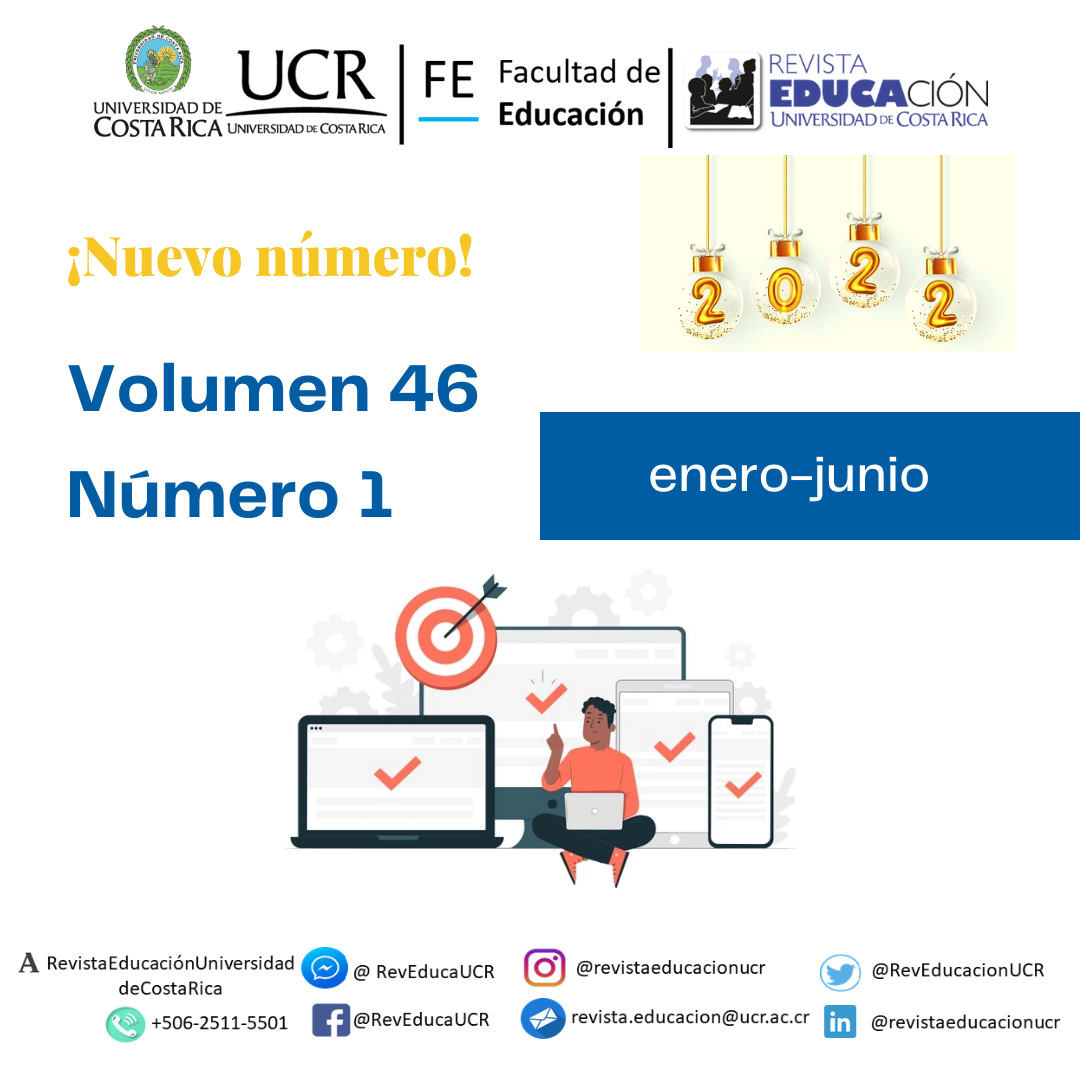Abstract
Flipped classrooms are alternative educational models aimed at making the best use of face-to-face classroom time and returning to a model where students play an active role. The objective is to create more meaningful teaching and learning opportunities. This study analyzed flipped classrooms at CEDES Don Bosco High School in Costa Rica. Three teachers from that institution, considered to be pioneers and experienced in this type of methodology, were selected and their responses from semi-structured interviews analyzed. Data was collected based on topic subcategories that were stratified into the following seven classifications which were analyzed as part of this study: the concept of flipped classrooms, implementation, application, benefits and contributions, role of teachers, attitudes of students and challenges faced. The use of flipped classrooms at this institution has required training, adaptation and support to face the many challenges resolved along the way. It has also entailed benefits for the interviewees the participating student body. Although students were hesitant and indifferent, at first, a result of having been exposed to a previous mediocre learning culture, as they adapted to the model, they developed greater commitment and responsibility in performing the assigned tasks prior to face-to-face classes. Recommendations include greater a commitment by the teaching staff who should make an effort for further research, training and planning of activities. Teachers must also be more empathetic, flexible and willing to adapt to the particular strategies and tools that should be used for each student context. It is also essential for teachers to remain abreast of new information and communication technology and the use of alternative pedagogical models. Although this model requires technology and also faces challenges, it is readily adaptable to any educational context.







